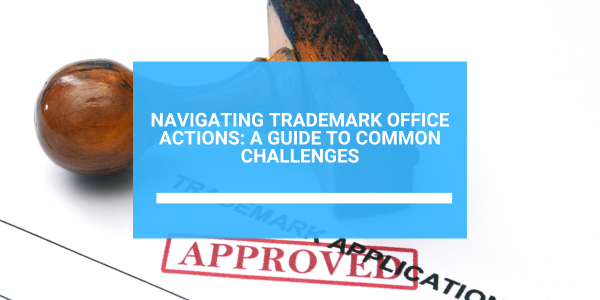An ADA Compliant Website? You are probably wondering what that means and how it applies to you? Well, if you own a website that offers products or services, you need to keep reading. In recent years, many companies have faced a new reality. When it comes to their website, they have exposure to potential lawsuits! Yes, if their websites are not accessible to people with disabilities, lawsuits have been brought. These suits claim that the sites violate the Americans with Disabilities Act (“ADA”)or one of the many state laws prohibiting disability discrimination. Yes, regardless of the size of your business, the exposure is there and it is something you should take seriously.
Unfortunately, this surge of threatened and filed lawsuits has posed a challenge to businesses large and small. Most businesses and business owners don’t think of the accessibility of their websites to those with disabilities, but they should. Along with various state laws, Title III of the ADA mandates that businesses must make their physical locations accessible to those with disabilities since they are considered “public accommodations.” This law, which was written before the internet became widely used, does not mention websites specifically. However, these suits alleging website accessibility are popping up quite a bit and unfortunately, causing a lot of pain to businesses.
There are many valid claims made by individuals with disabilities who cannot access websites that are essential for them to access. They should be afforded this opportunity. On the other hand, a lot of plaintiff’s attorneys see these lawsuits as a way to use an aggressive allege or file suit and settle strategy. They understand that using the threat of fee-shifting under the ADA can force a company to payout instead of engaging in long, fact-intensive trials. These are payouts where the attorneys collect a decent fee for minimal work.
ADA Compliant Website Claims Tend to Settle
Interestingly, if you look at the data, more than 93% of website accessibility cases filed in 2018 settled, and of the cases filed in 2019, 55% settled within 60 days. These facts are according to Usablenet’s Midyear ADA Web & App Accessibility Lawsuit Report. As you can see, these cases are a hot area for quick payouts.
Despite this being a hot button issue, the Supreme Court has rejected the invitation to take up the ADA website issue. And with no federal standard for website accessibility in place for businesses to follow and conflicting judicial opinions all over the board, the reality of compliance is determined by many factors.
ADA Compliant Website Standards
Until standards are set forth by Congress or the DOJ, one obvious path to successfully defend these claims is to remediate the website to conform to the Web Content Accessibility Guidelines 2.0 Level AA. This is a great strategy to avoid potential cases. In fact, this strategy has helped businesses even “moot” a case in the early stages by making changes to the website that make it accessible. A case is moot when it no longer presents a live controversy with respect to which the court can give meaningful relief.
Let’s be clear, fixing your website is not an easy or guaranteed route to a quick victory. A few courts have been hesitant to dismiss cases based on mootness in the early stages of the litigation. The reasoning is they view whether a business has complied with WCAG as a question of remedy, not liability. Despite that reasoning, businesses should continue to set forth these arguments if they are sued prior to making their site accessible.
Looking at the landscape of these cases, many rulings and settlements typically point to WCAG 2.0, Level AA, as a universally accepted standard of web accessibility. Any company that is proactively striving for online accessibility should be complying with this standard.
So, if you have a business with an online presence, you need to contact your site provider or developer and make sure it is accessible. Doing so can save you plenty of time, energy, and money in the long run. If you are interested in learning more about this compliance requirement, please contact our office. We are here to help and can connect you with resources to help you make your site compliant.
Cozza Law Group Business Law Blog
©2024 Cozza Law Group PLLC, All Rights Reserved.
Privacy Policy



